15 Christmas Dinner Mistakes Everyone Makes (And How to Avoid Them)
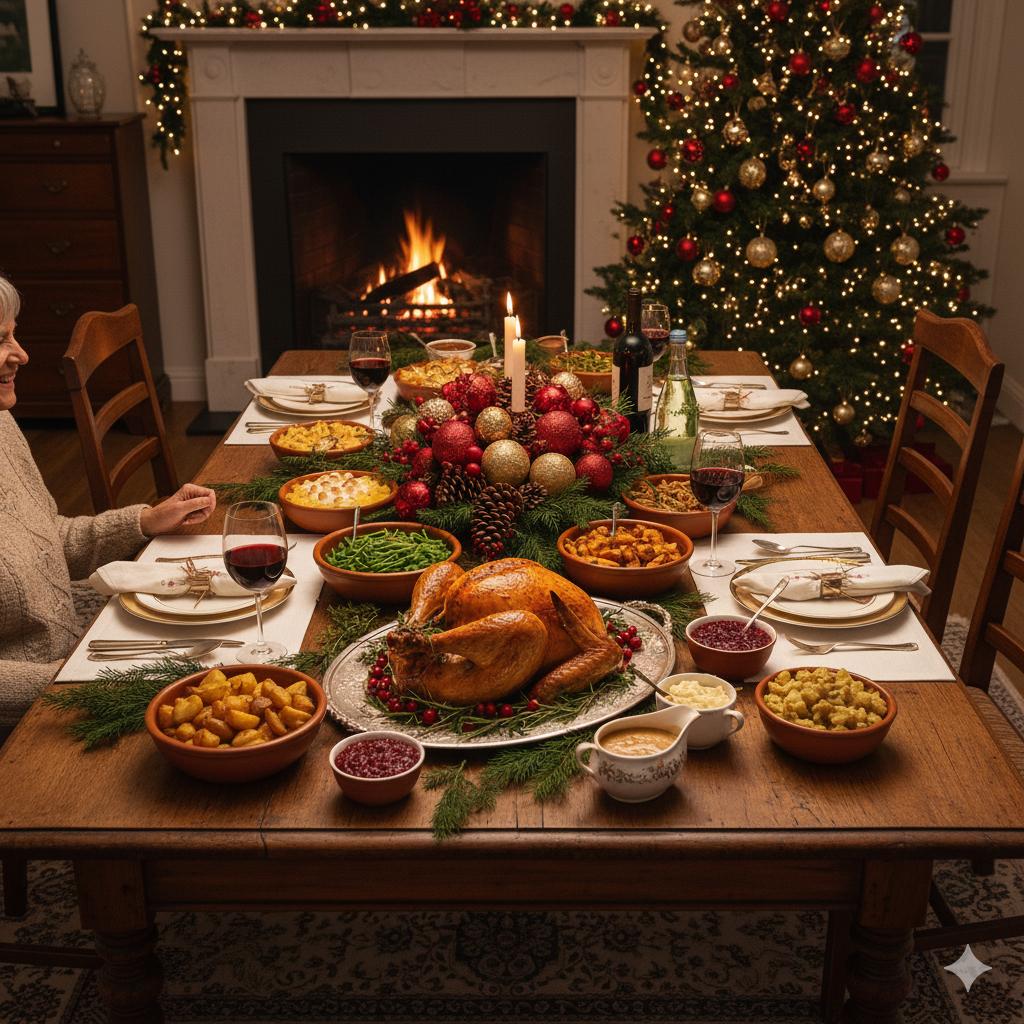
Everyone wants their Christmas Day dinner to be perfect. Despite your best efforts, you might be guilty of making the same mistakes every year, from poor timing to overcooking the turkey.
To avoid Christmas cooking errors and ensure your loved ones have fun, it’s a smart idea to identify common kitchen mistakes and introduce the correct solutions.
Fortunately, we here at List World have crafted this handy festive meal guide, which offers everything from turkey tips to freeing up oven space.
Create the perfect festive feast by learning about the 15 Christmas dinner mistakes everyone makes and how to avoid them.
1. Failing to Defrost the Turkey Well

One of the biggest (and most dangerous) Christmas dinner mistakes you can make is failing to defrost the turkey well.
Many people underestimate the time necessary to fully defrost a huge bird, resulting in them placing a partially or completely frozen turkey into the oven.
As a result, the turkey would fail to cook evenly, which may lead to you serving raw spots of meat to your loved ones. It’s a huge food safety risk you must avoid.
How to Avoid It: Serve perfectly cooked chicken to your family on Christmas Day by planning ahead. You must allow 24 hours per 5 pounds (2.2kg) of turkey weight in the refrigerator.
For instance, if you have a 15-pound turkey, it will need approximately 3-4 days in the refrigerator to fully defrost.
Also, never defrost a turkey at room temperature.
2. Overcooking the Turkey
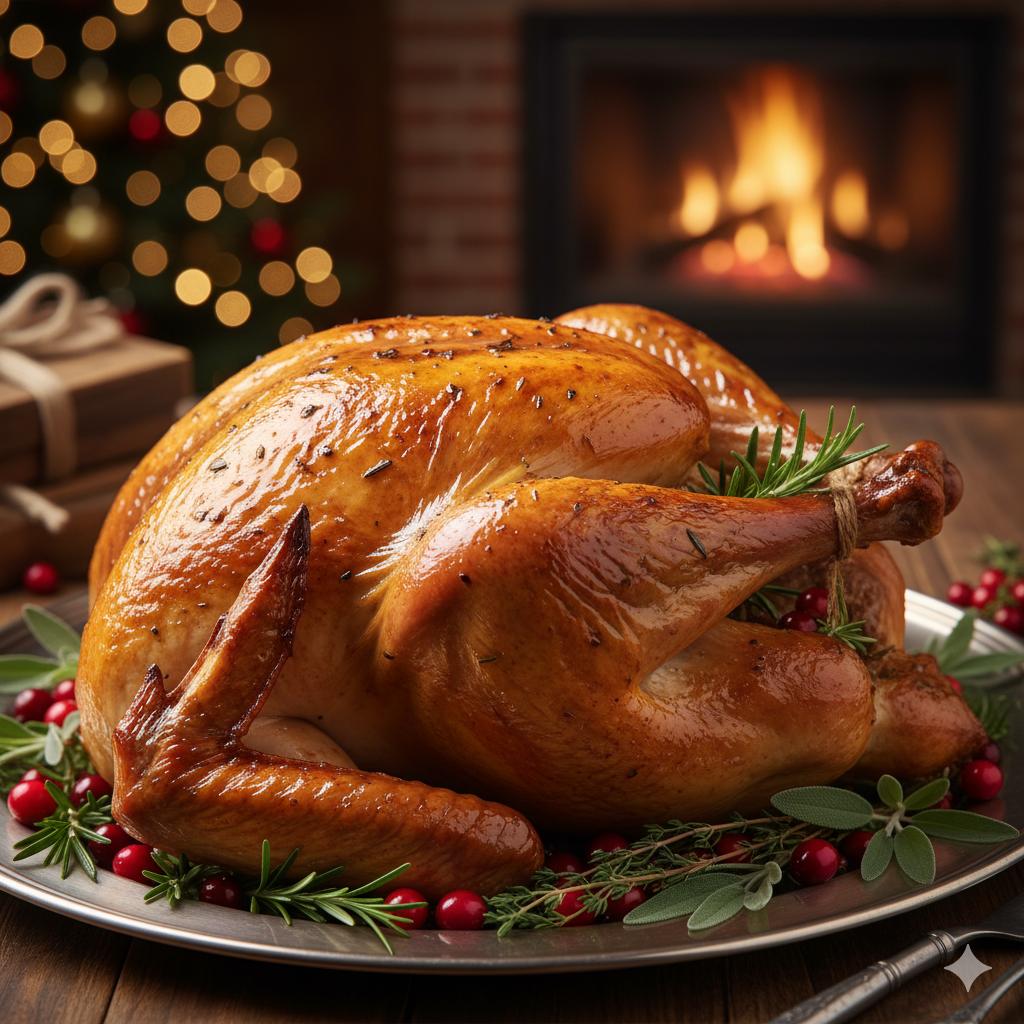
It’s natural to worry about undercooking a turkey, as the last thing you’ll want is to make your loved ones sick.
For this reason, you might deliberately overcook the turkey to avoid the risk, leaving you with dry, stringy met that guests will remember the meal for the wrong reasons.
How to Avoid It: Put a huge smile on your loved ones’ faces this year by purchasing a reliable meat thermometer.
The turkey is ready to be removed from the oven when the thickest part of the thigh is 164°F (74°C). Many people often choose to remove it when it’s approximately 5°F below this target, as the temperature will continue to rise during the resting period.
3. Tightly Stuffing the Turkey
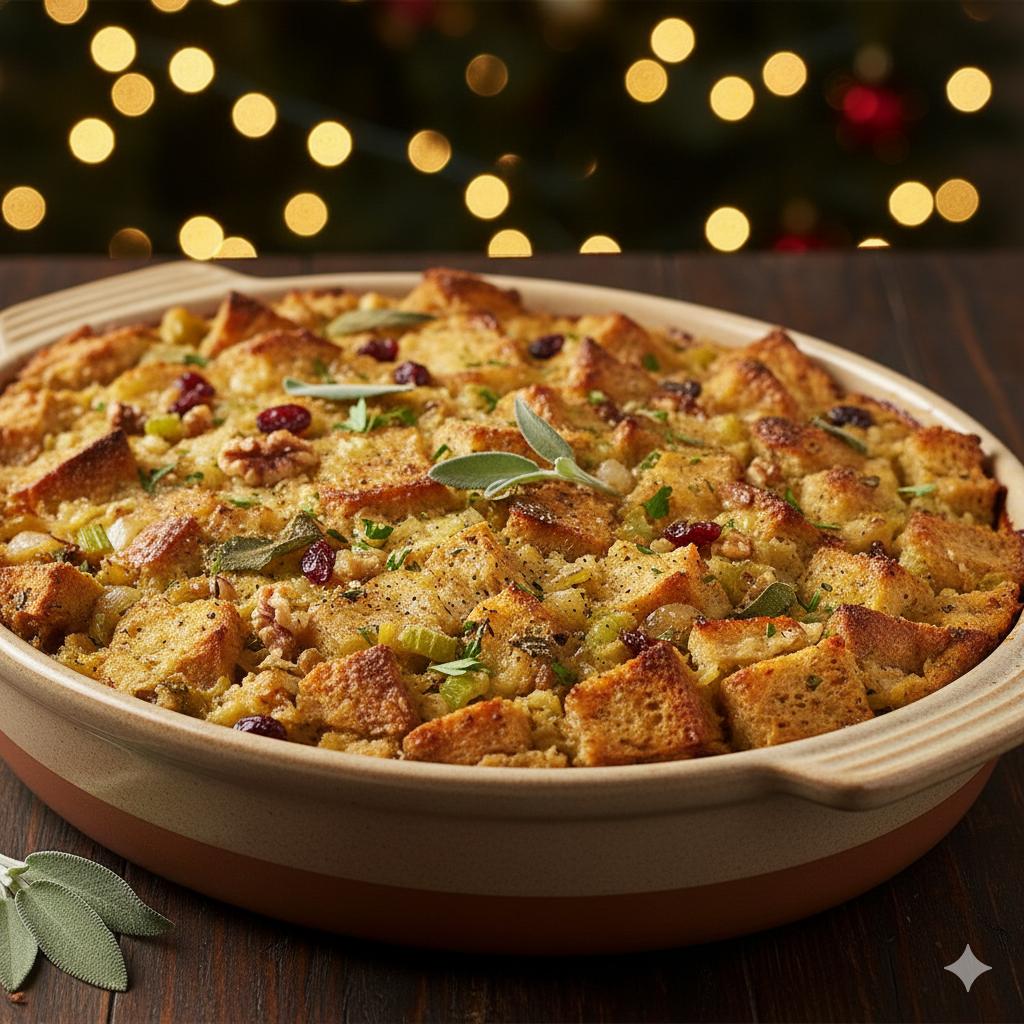
As you might be eager to pack as much flavour into your turkey as possible, you might be guilty of overstuffing it.
Unfortunately, overstuffing the turkey is a food safety risk, as it can lead to uneven cooking and bacteria growth.
For instance, Salmonella could become present in undercooked stuffing, causing you and your loved ones to fall ill.
How to Avoid It: It’s wise to cook stuffing in a separate dish. It will provide peace of mind that your turkey and stuffing is cooked safely and that they taste delicious. It’s one turkey tip that could save your Christmas Day!
4. Not Resting the Turkey
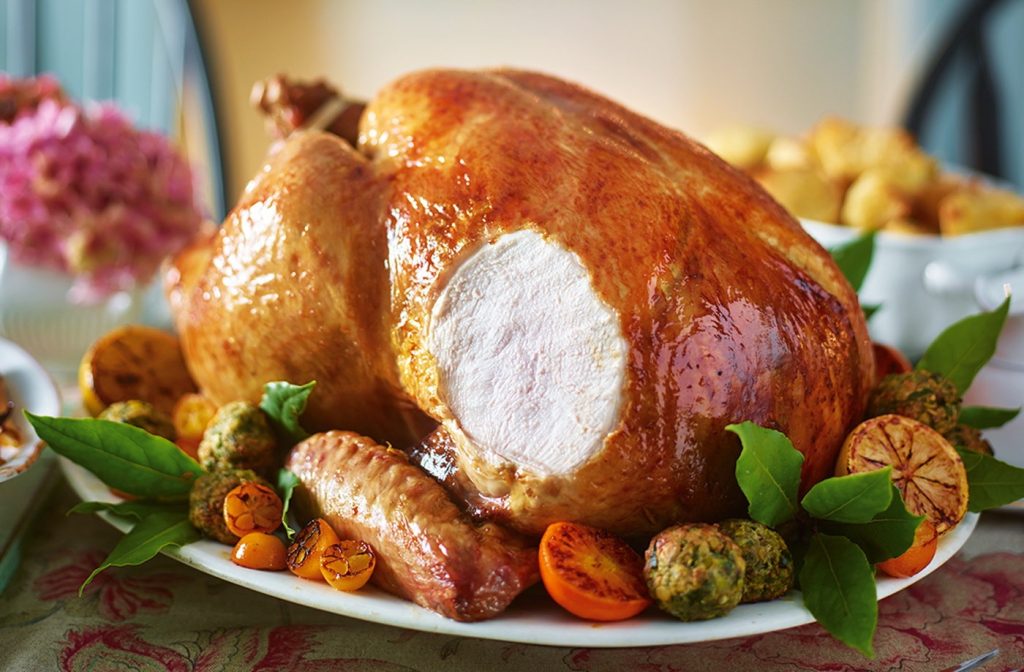
As delicious as a turkey might look, avoid cutting straight into it after removing it from the oven.
Doing so releases all the flavorful juices from the meat, leaving your turkey dry and tough.
How to Avoid It: Once you have pulled your turkey out of the oven, allow it to rest for at least 30 minutes to an hour, and loosely cover it with foil.
Resting the turkey allows its delicious juices to redistribute throughout the bird, making it taste moist and tender. The size of the bird will ensure it remains hot when served, and the piping hot gravy will warm it further.
5. A Lack of Oven Space
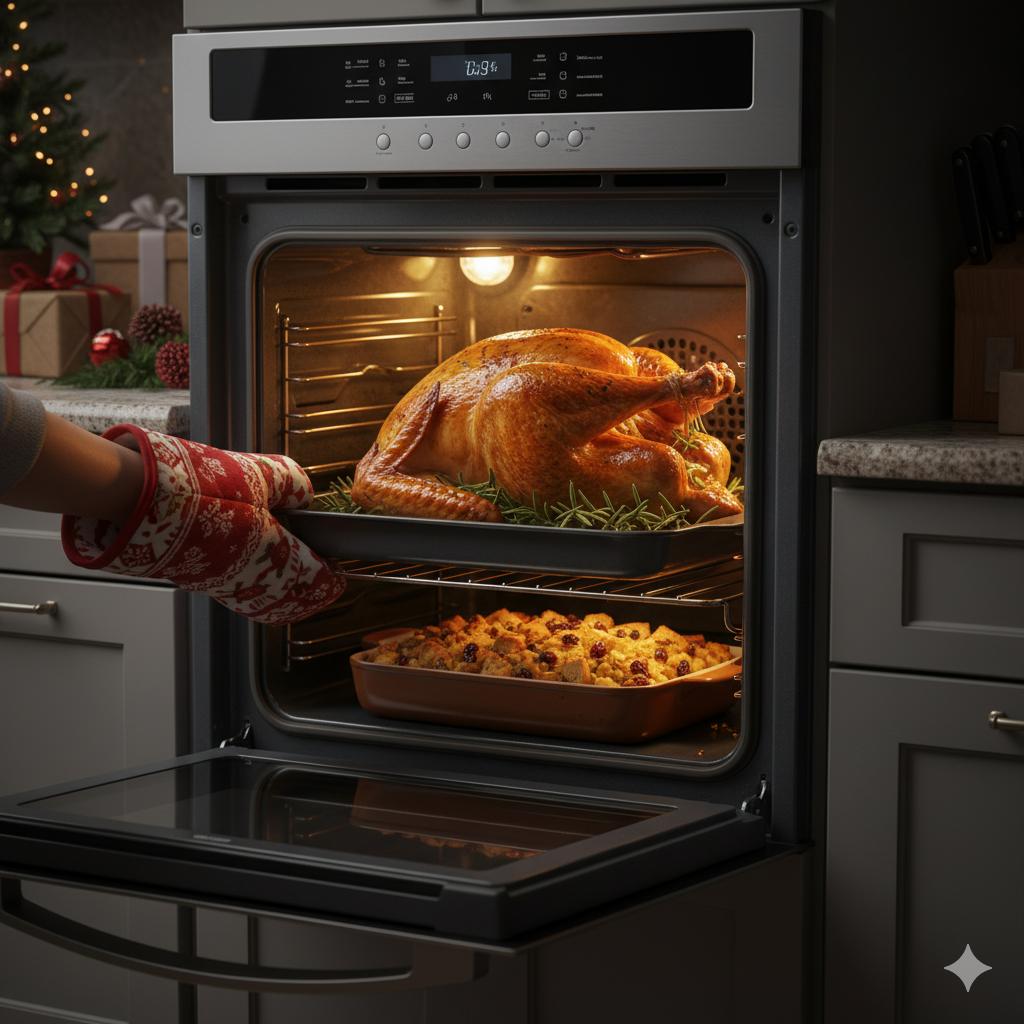
If you have many items to cook or a small oven, you might struggle to fit your turkey, roast potatoes, vegetables, and side dishes.
As a result, it might lead to undercooked items, burnt or cold food, or a smaller dinner than your guests expected.
How to Avoid It: Make Christmas Day dinner a breeze by making the most of other appliances in the home.
For instance, pull out your slow cooker to cook glazed carrots or mashed potatoes, fry your sprouts in the pan, or steam or fry your vegetables instead of roasting.
6. Over-Boiling Your Vegetables
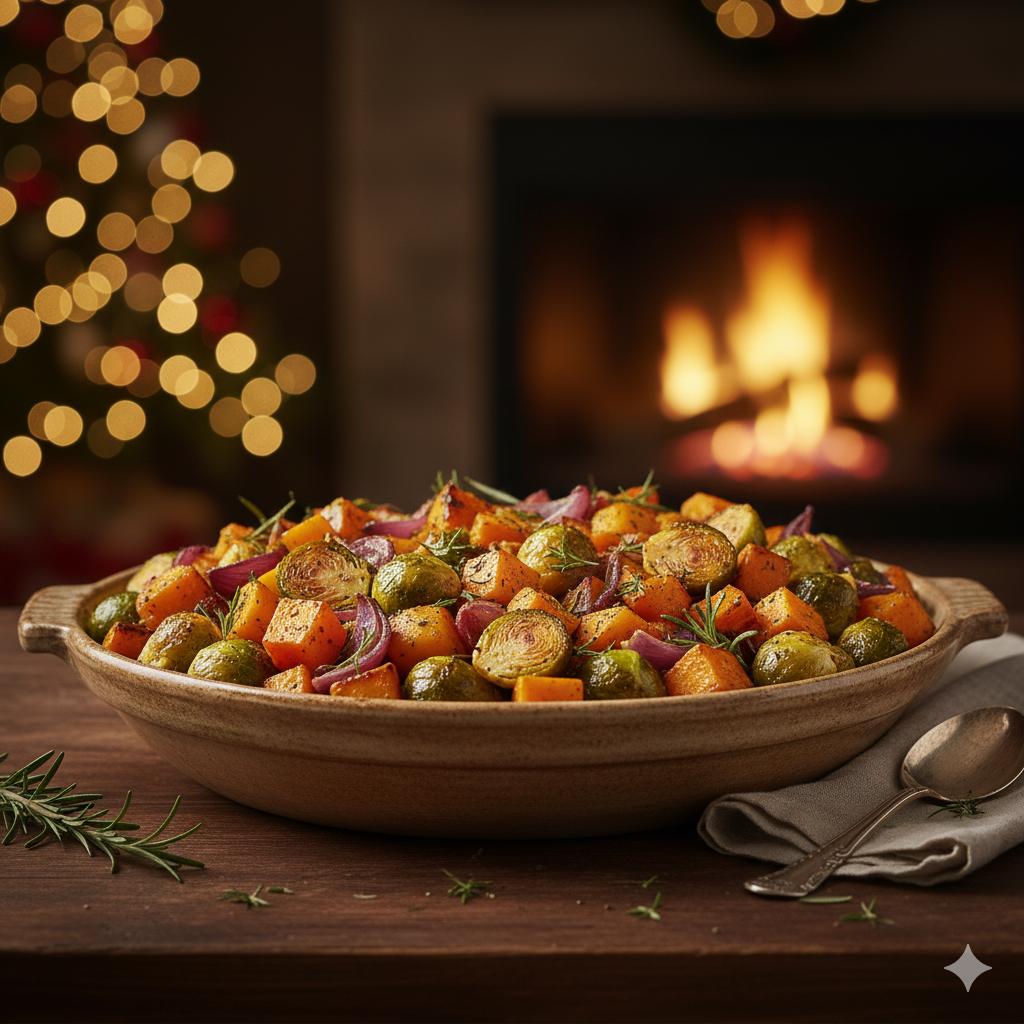
No one wants soggy Brussels sprouts. Yet, you might be guilty of serving watery, mushy vegetables to your guests each Christmas.
How to Avoid It: If you’re tired of cooking disappointing vegetables, it’s a smart idea to steam or boil your vegetables until they’re al dente.
Alternatively, you could roast or fry your Brussels sprouts with bacon or pancetta for an extra punch of flavor, or drizzle over some maple syrup before roasting. You know that sounds good!
7. Lump Gravy – or a Lack of It
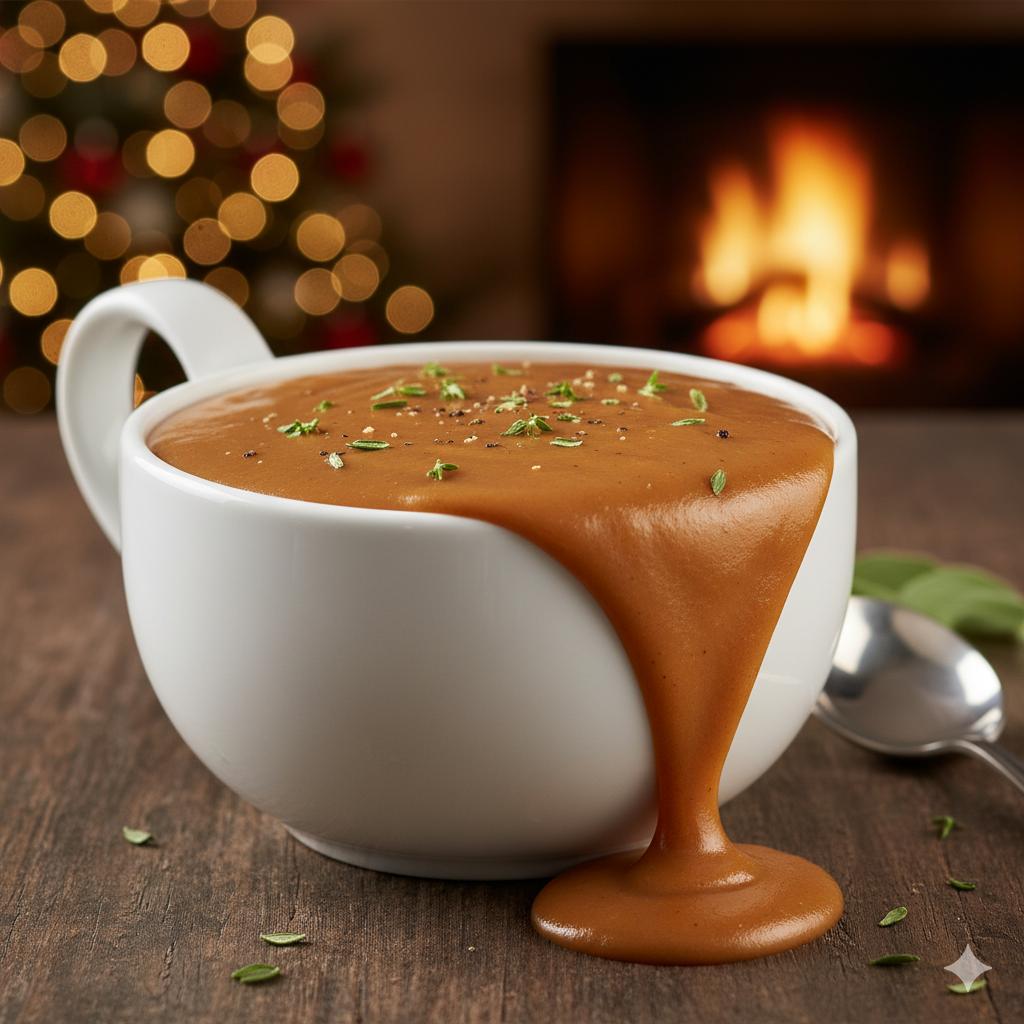
Lumpy gravy can undo all your hard work in the kitchen in an instant. You might have cooked crispy, fluffy potatoes, tender vegetables, and moist turkey, but all your loved ones will remember is the taste of floury or starchy gravy.
How to Avoid It: Most chefs would recommend mixing a thickener (such as flour or cornstarch) with a small amount of cold liquid (turkey or chicken stock or water) separately until it is smooth.
Once you have done so, pour it into the simmering gravy and whisk it continuously. Pack extra flavour by making a roux from your pan drippings, which should have equal parts fat and flour, and cook it for between one to two minutes.
Slowly add the stock and whisk until it is a smooth paste, then add the remaining liquid.
If you still see lumps, pass the gravy through a fine mesh sieve or blend it until smooth.
8. Starting Dinner from Scratch on Christmas Day
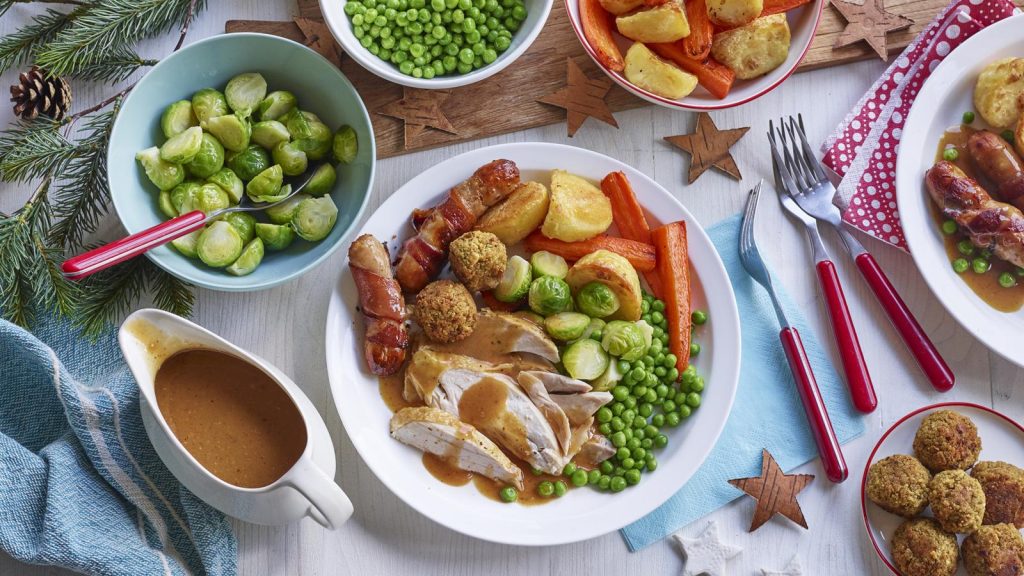
Unless you love feeling stressed, it’s wise to avoid starting dinner from scratch on Christmas Day.
Otherwise, you might struggle to peel, chop, cook, and serve the feast in the tight window, and you’ll need to battle with pots, pans, and ingredients.
Not to mention, it can cause timing issues that can lead to undercooked, overcooked, or burnt dishes.
How to Avoid It: Instead, you must start Christmas Day dinner in advance to deliver a hot, delicious meal that will make your guests smile from ear to ear.
For instance, bake any desserts two to three weeks before and store them in your freezer. Some desserts taste better with time, such as mince pies and Christmas pudding.
Make your stock or gravy base a few weeks before, freezing it in an airtight container.
Start prepping your stuffing, vegetable bases, or bread sauce two to three days before Christmas Day.
Christmas Eve is the perfect time to peel and chop vegetables, too. Once you have done so, submerge the ingredients in a large bowl of cold water and place them in the fridge.
Plus, you can prep the turkey with a compound butter, make a slurry for your gravy, and chill drinks in the fridge ready for some festive fun.
9. Serving Cold Plates
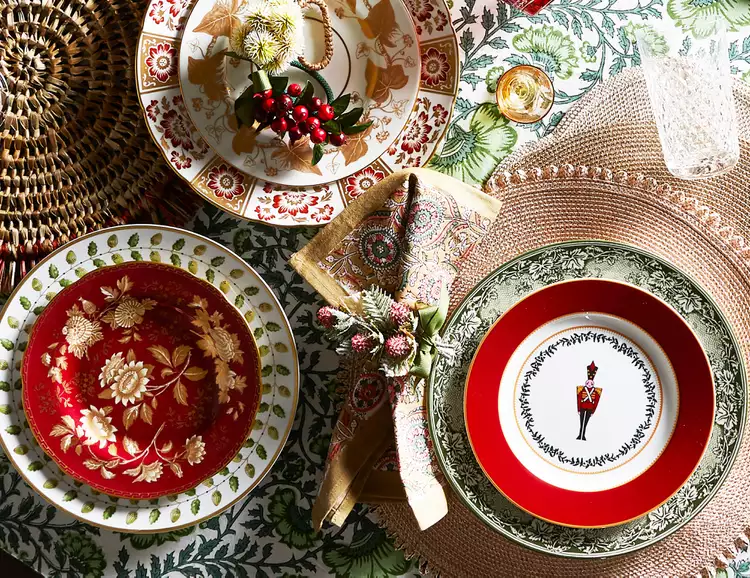
Keeping food warm can feel like a challenging task when cooking Christmas Day dinner, as there are so many items to serve and guests to cater to during the feast.
Despite your best efforts to keep food warm, you might make the gaffe of serving food on cold plates, reducing their temperature almost immediately.
How to Avoid It: Serve piping hot food by pre-warming your dinner plates. Stack the plates in the oven on a low heat setting a few minutes before you’re ready to serve.
If you don’t have the time or space to do so, run them under hot water and quickly dry them. You could even ask a loved one to do so while you finish cooking dishes, making gravy, or carving the turkey.
10. Overlooking Dietary Restrictions
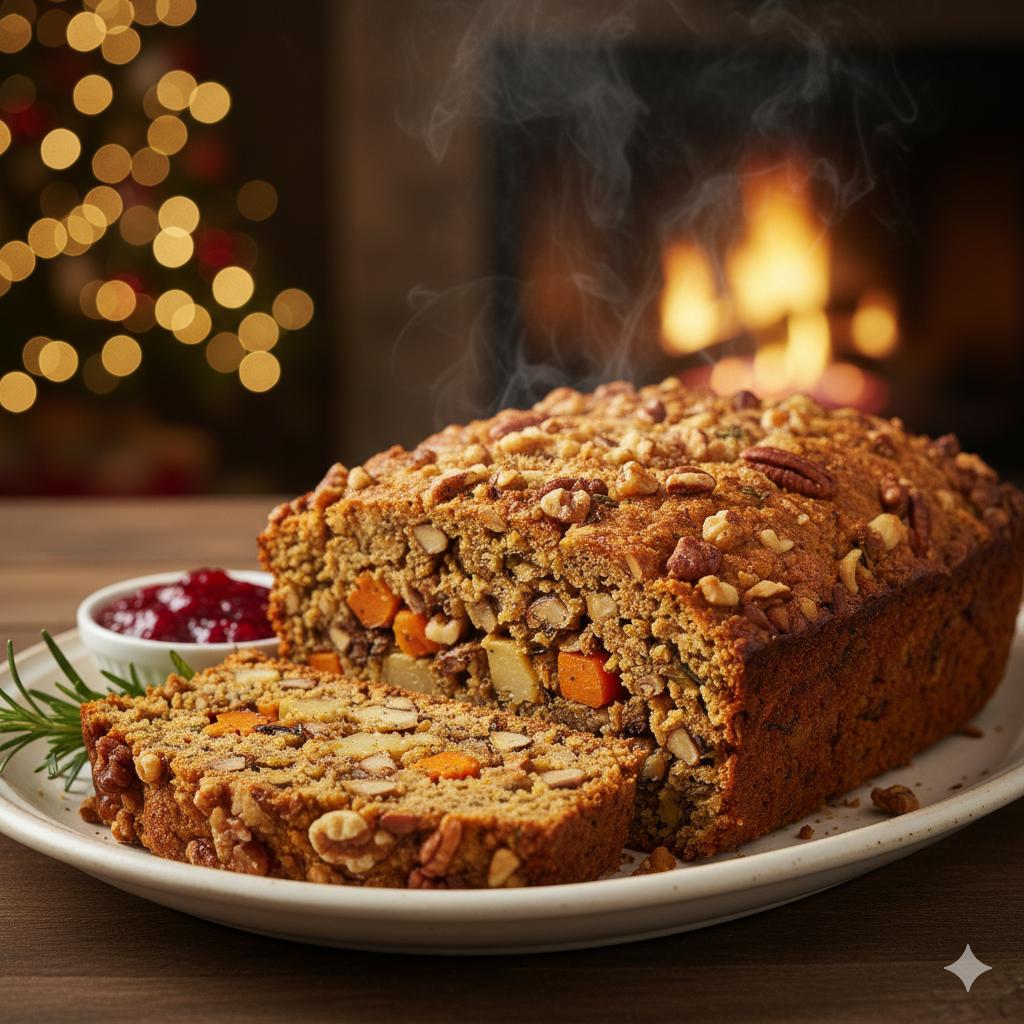
In today’s modern world, many people have different dietary requirements. Yet, you might be guilty of ignoring the fact that a loved one is vegan, gluten-free, vegetarian, or has a specific allergy.
As a result, you might serve them food that leaves them feeling awkward, sick, or hungry.
How to Avoid it: Ensure every guest enjoys their Christmas Day dinner by asking about their dietary requirements in advance. It would allow you to serve an alternative dish that better suits their needs or ensure you leave specific sides off their plate.
11. A Cluttered Worktop
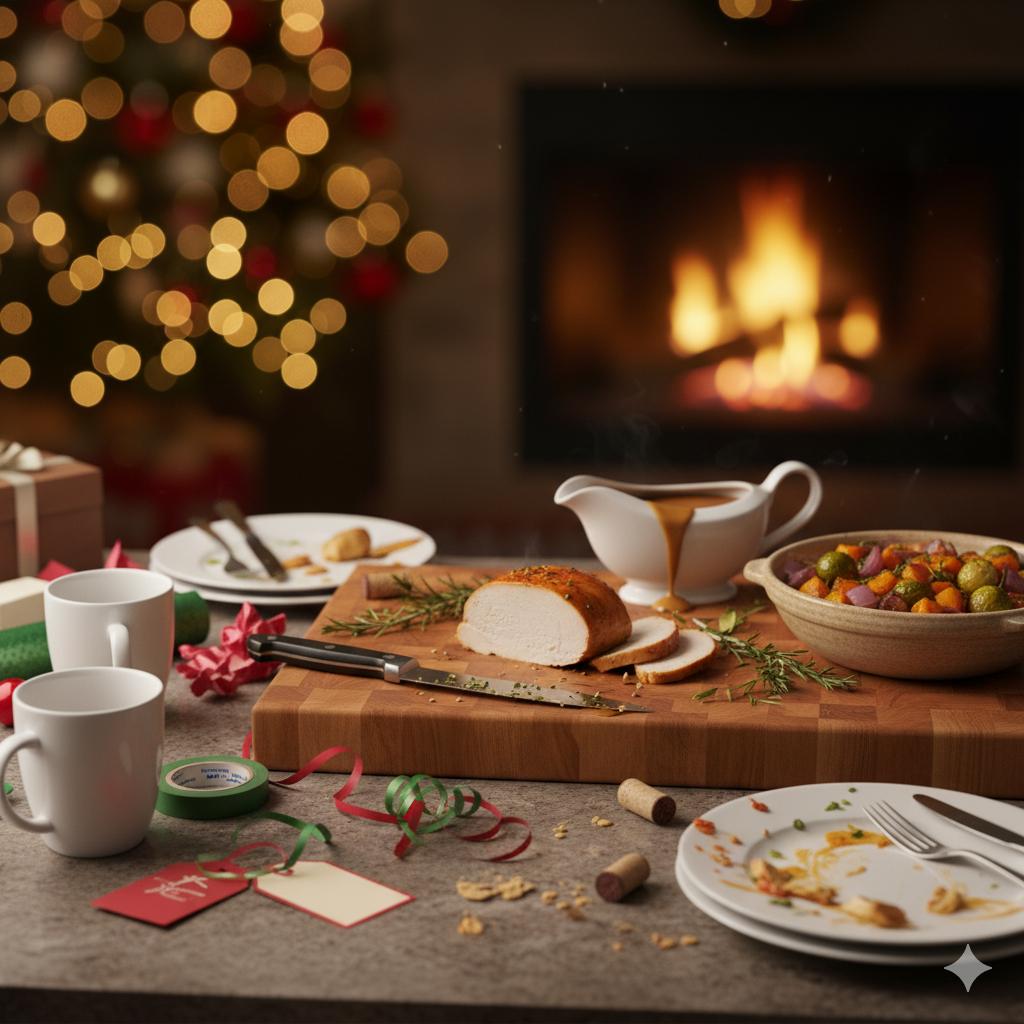
Cooking a Christmas Day feast isn’t an easy task, but you’ll add to your rising stress levels if your worktop is cluttered and chaotic.
If you fail to save space for chopping, peeling, mixing, and assembling food, you’ll slow yourself down in the kitchen while increasing your frustration.
How to Avoid It: Start by freeing as much space as possible before cooking to avoid unnecessary clutter.
Also, assign an off-limits prep station that loved ones must not use when making drinks or using the kitchen.
It may even help to use your dining table for specific stages, such as assembling a start or resting the turkey before carving.
12. Underestimating Serving Time Windows
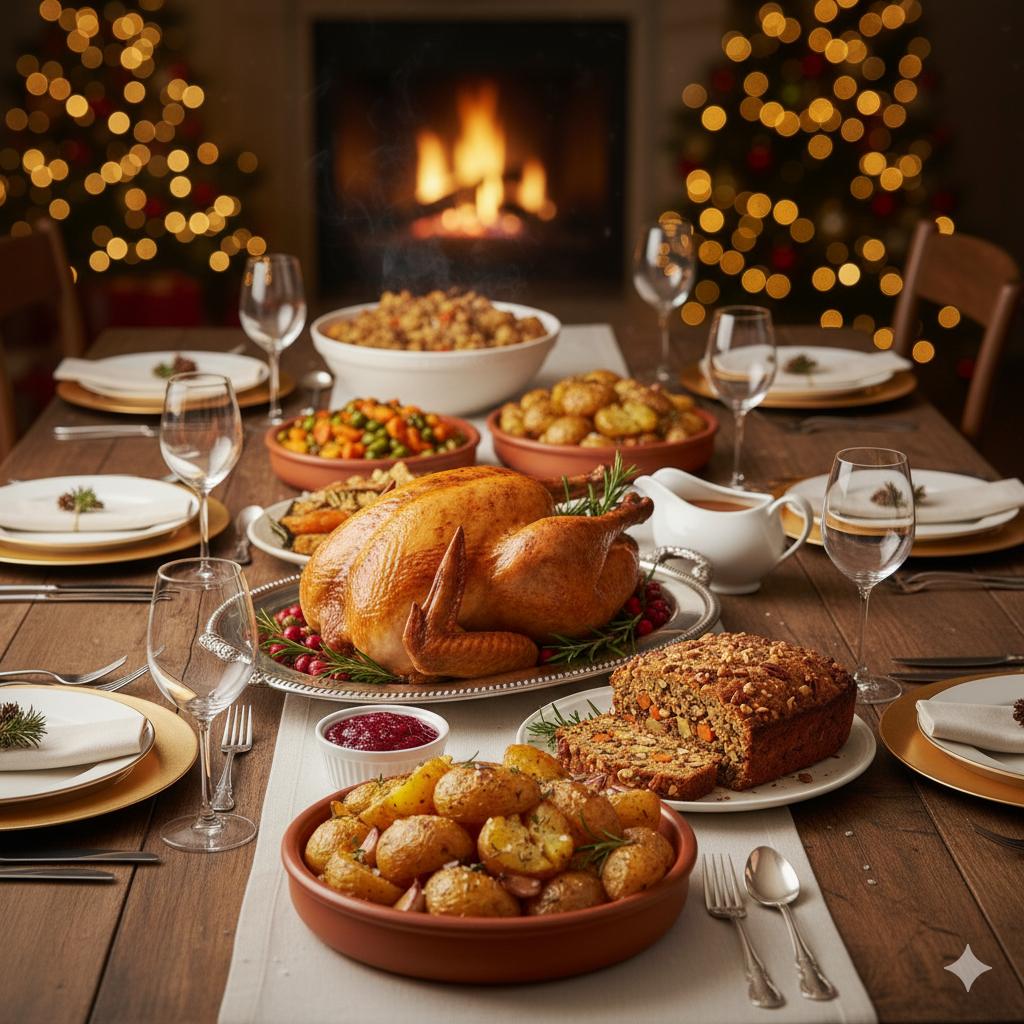
Every host wants to serve a piping hot Christmas Day dinner to their guests, but they might underestimate serving time windows.
Different foods will peak at different times, which may cause you to serve a mix of cold, lukewarm, and piping hot foods to your family.
How to Avoid It: Your goal should be to remove your turkey 45 minutes to an hour before serving.
It will provide ample time for the meat to rest while allowing you to cook your roast potatoes, vegetables, gravy, and various sides.
Your microwave should be your best friend when you need to quickly warm items up, too.
13. Soggy Roast Potatoes
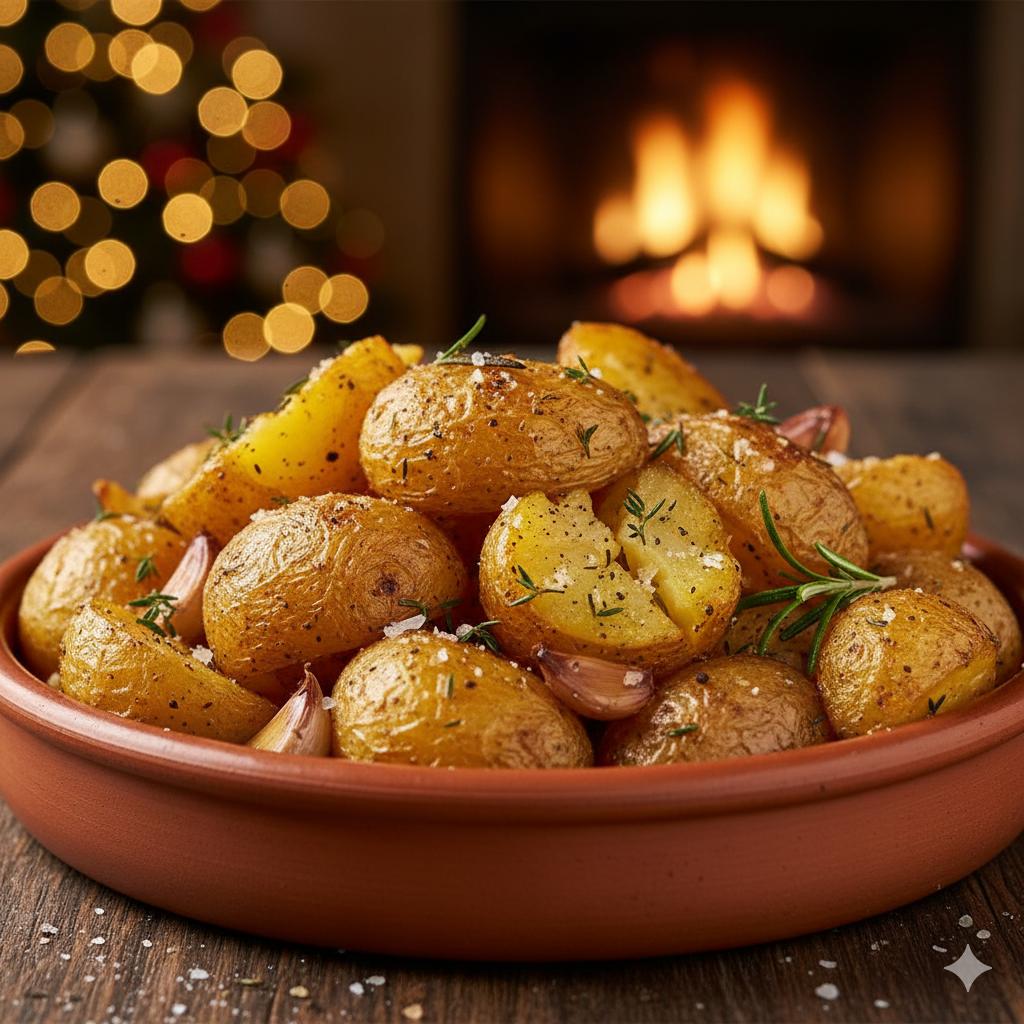
Your goal might be to cook crispy, fluffy roast potatoes on Christmas Day, but you might serve soggy, greasy, and overly soft spuds that disappoint your nearest and dearest.
If you can’t put your finger on where you’re going wrong, it could be due to overcrowding the pan or roasting dish, or failing to get the fat hot enough during cooking.
How to Avoid It: Wow your loved ones by parboiling your potatoes until the edges become fluffy. Allow the steam to dry the potatoes for approximately 10 minutes.
Next, heat a high-smoke-point fat, such as beef dripping or goose fat, and add the potatoes once the fat is blisteringly hot.
As mentioned, avoid overcrowding the tray with potatoes and cook them in a single layer, ensuring there is a space between them.
14. Not Asking Loved Ones for Help
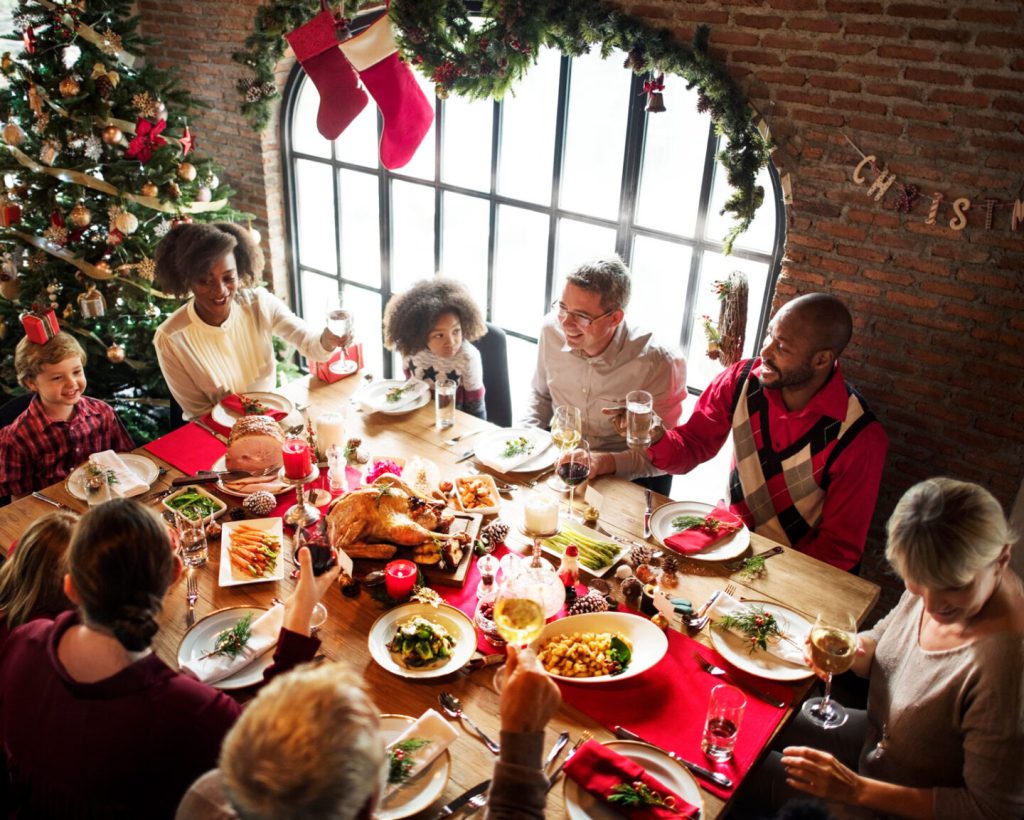
Many hosts want to cook and serve every single dish on Christmas Day, causing them to reject help from guests or failing to ask for assistance when needed. Sadly, doing so will only lead to considerable stress, fatigue, and a low mood.
How to Avoid It: If this sounds familiar, it’s time to swallow your pride and ask for your loved ones to help when necessary.
A few small actions could take some pressure off your shoulders when cooking Christmas dinner.
For instance, you could ask a loved one to carve the turkey, make drinks for guests, or place side dishes on the table.
Also, accept any offers for bringing desserts or washing up the dishes. It will make your guests feel helpful and courteous while allowing you to enjoy a more stress-free Christmas.
15. Trying Too Many New Recipes
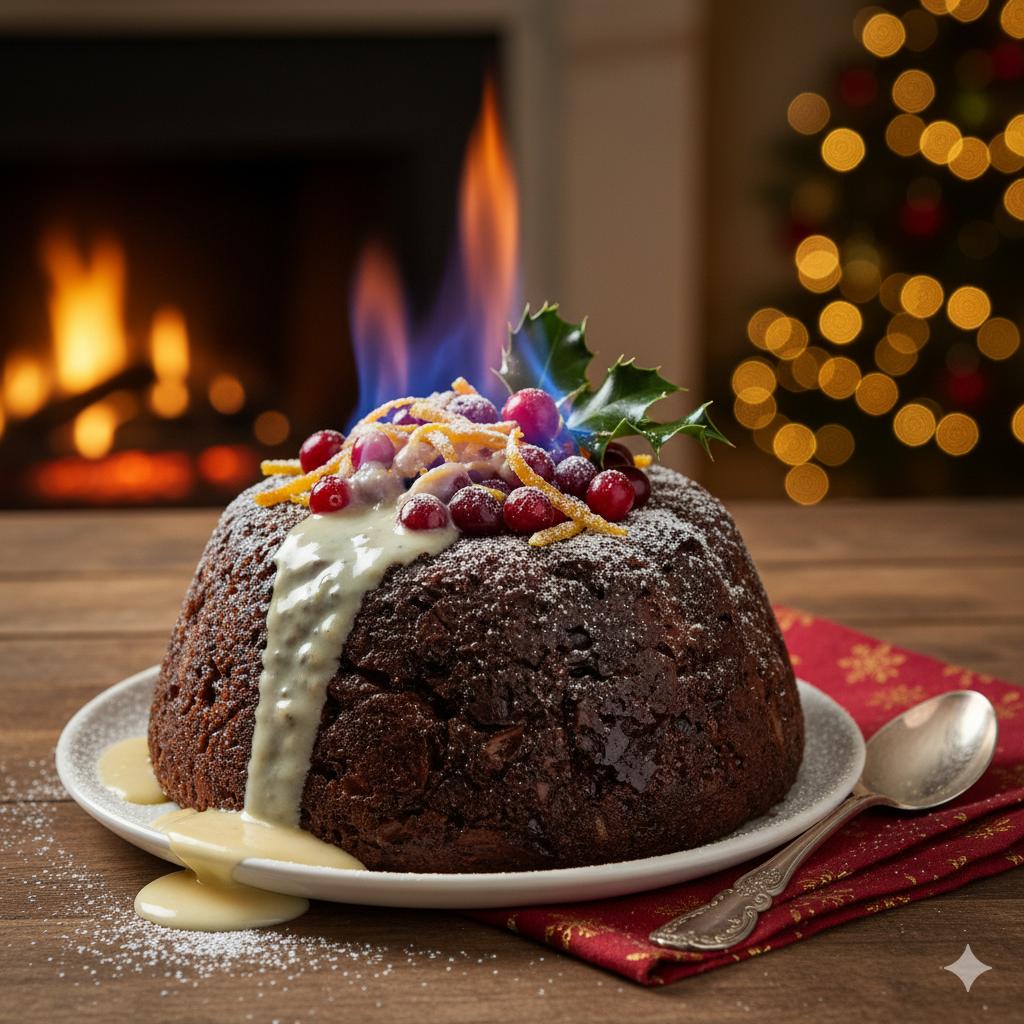
You’ll likely want to pull out all the stops when hosting Christmas Day dinner. As a result, you might be tempted to try some new recipes to impress your guests.
While mastering a new roast potatoes dish, gravy, or turkey recipe might seem like a great idea, you might come to regret your decision when cooking the feast.
How to Avoid It: If you’re eager to sample a new recipe on Christmas Day, stick to one dish that will impress your guests. It might be a wise idea to test-run it a week or two before to ensure it delivers on flavour and you know the recipe well.
Otherwise, stick with the classics to ensure you serve great-tasting turkey, roast potatoes, and other side dishes that your family will love.






















